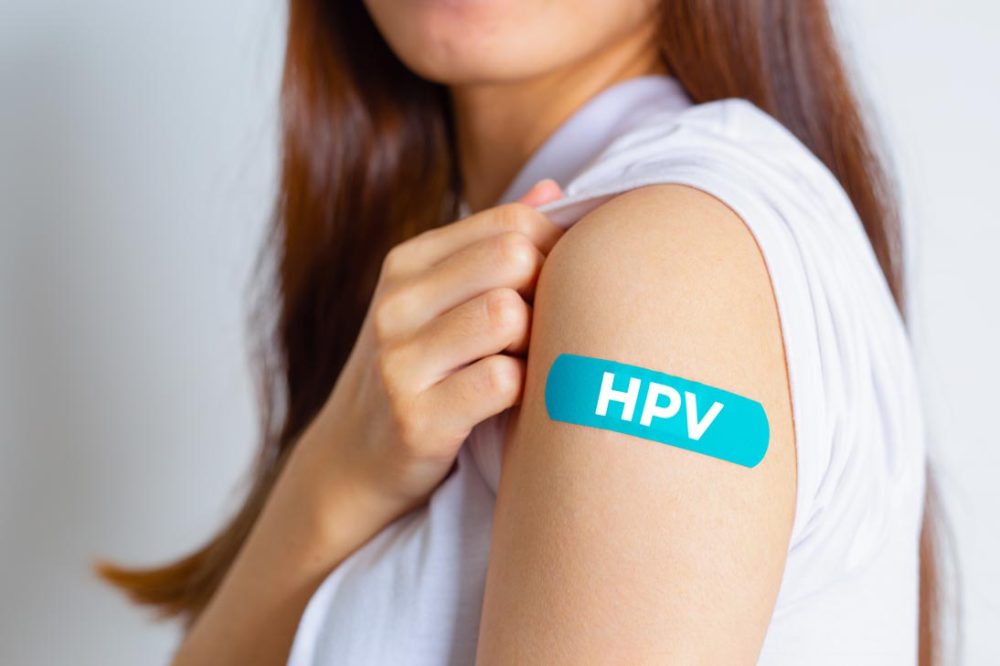Advertisment
Lower HPV vaccination among girls with mental health conditions

Girls with mental illness or neurodevelopmental conditions are less likely than their peers to be vaccinated with the HPV vaccine that protects against future cervical cancer – raising concerns about equal access to health services. This is according to a new registry study from Karolinska Institutet in Sweden published in The Lancet Public Health.
The study involved more than 115,000 girls covered by the Swedish school-based human papillomavirus (HPV) vaccination programme. The vaccine, which prevents cervical cancer, among other things, is offered to all children in Sweden and given by school health services.
The researchers found significant differences when examining the association between vaccination coverage and psychiatric diagnoses or the use of psychotropic medications.
Girls with psychiatric diagnoses had an 11 percent lower vaccination coverage of the first dose of the HPV vaccine compared to girls of the same age without such diagnoses. The difference was particularly pronounced among girls with autism or intellectual disability, who had over 20 percent lower vaccination coverage.
Girls who received medication for mental health conditions had 7 percent lower vaccination coverage, but the figures varied significantly depending on the type of medication prescribed. Among girls receiving antipsychotic medication, vaccination coverage was as much as 32 percent lower compared to girls of the same age without such medication.
‘Our study emphasises the need for targeted interventions to ensure equitable healthcare for all children,’ says Kejia Hu, postdoctoral researcher at the Institute of Environmental Medicine, Karolinska Institutet. ‘All girls should have equal access to life-saving vaccines regardless of their mental health status.’
In contrast, girls with psychiatric diagnoses or mental illness who received the first dose of vaccine were as likely as their peers to receive the second dose of vaccine, which is given within one year of the first dose. In addition, parental mental health conditions did not significantly impact vaccination coverage in their daughters.
‘More research is needed to find out the underlying reasons why fewer girls with mental illness or neuropsychiatric conditions are vaccinated against HPV so that we can tackle this challenge,’ says Karin Sundström, senior researcher at the Center for Cervical Cancer Elimination at the Karolinska Institutet.





